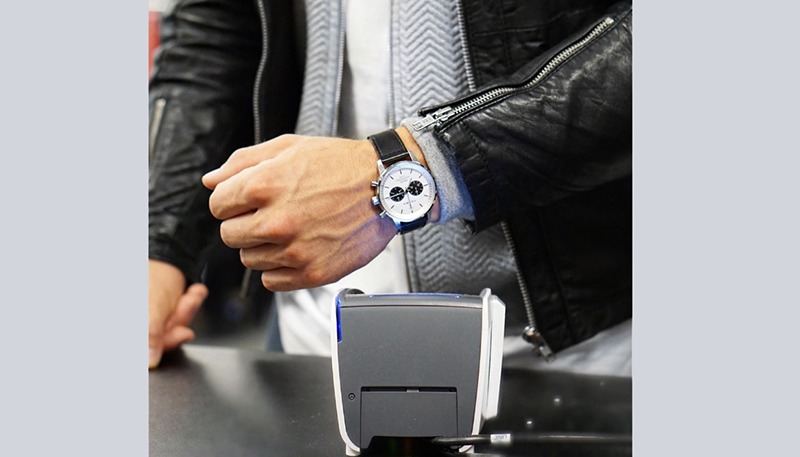HID Global, a leading trusted identity solutions provider joined forces with Fidesmo to add contactless access control to wearables like smartwatches, watchbands, rings, and other devices. Fidesmo is a provisioning company that makes it possible to connect contactless services to wearables. The company has integrated HID’s next-generation Seos® credential technology into secure element chips that are used in a wide variety of wearables.
“As wearables grow in popularity, organizations of all types will be confronted with the need to support new form factors for physical access and other popular applications,” said Steve Currie, VP and Managing Director of Extended Access Technologies with HID Global. “Working with Fidesmo to bring more use cases to wearables delivers on the promise of Seos credential technology to provide users the freedom to use their preferred device, whether it’s a phone, card or wearable, to easily navigate their daily life.”
Because Seos credential technology is designed for flexibility, Fidesmo can load the Seos applet into the tamper-resistant secure elements (SE) produced by the most prominent chipmakers in the world. This will enable wearables manufacturers using the broadest range of SE chips to add building and parking access as well as complimentary applications to their smartwatches, watchbands, rings and other devices. Authentication to PCs, IT systems and cloud applications, secure print job collection, time and attendance, point of sale, and automated cashless vending, are some of the numerous additional applications supported by Seos credential technology, reports Business Wire.

“The Fidesmo team is honored to join HID’s partner network and looking forward to our mutual journey as we provision HID’s secure access credentials over our platform,” said Mattias Eld, CEO, Co-Founder of Fidesmo. “Working with HID we are forwarding our vision to enable people to choose their favorite wearable and connect and use it with any contactless service they need – anytime, anywhere.”
The partnership makes it possible for employees to use their personal wearable device to add the access control service, and companies can also order a number of wearables for their dedicated use, in special areas or even adding more services to them, like payment or their employees’ public transit job ticket.
Read more Xyntek, Nymi Partner Up to Add Wearable Biometric Devices to their Platform
Adding access control capabilities to wearables also addresses environmental constraints, such as a clean room with specific gear and uniforms that preclude using smart cards and/or biometric identification—making it ideal for pharmaceutical production environments, as well as operations rooms, mining, car, and food production, and anywhere where sanitization compliance is a priority.









